News
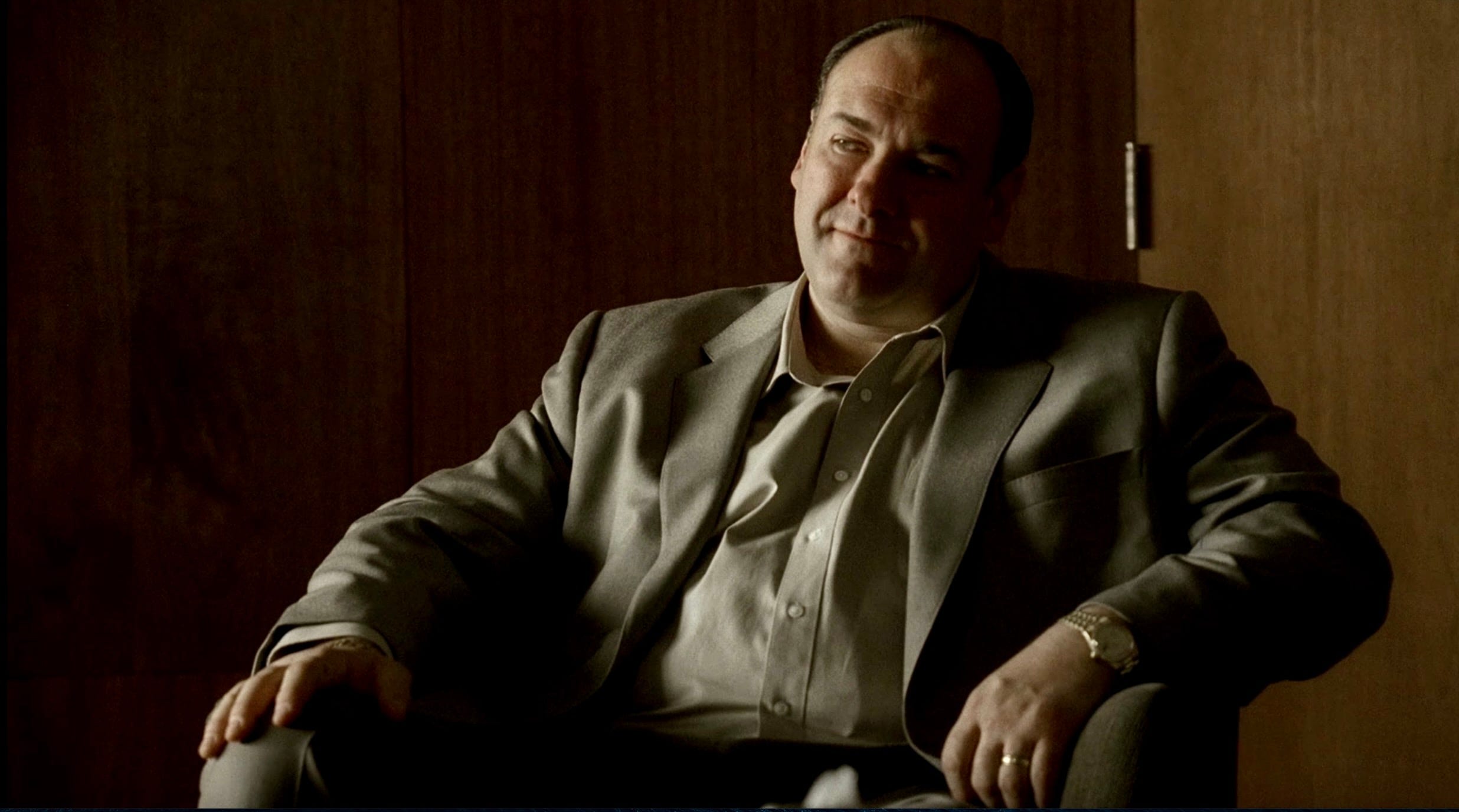
You’ve mostly probably come across the Hero’s Journey in films and TV shows. It’s a classic narrative archetype that can be traced back to Greek mythology (Think Hercules), and it goes as such…
The hero gets pulled into an epic quest through a call to adventure, they embark on this journey usually under the guidance of a wise mentor. Then they face several obstacles, leading to “The Ordeal,” a critical life-or-death moment, usually represented by confronting a gruesome monster which they end up defeating, of course. They’re the hero after all. Eventually, they return to their ordinary world, forever changed by their journey.
This storyline is commonly found in movies and books like Harry Potter, The Lord of the Rings, and The Hunger Games as well as classic tales like Alice in Wonderland. However, there’s no equivalent template for an anti-hero’s journey. Anti-heroes are complex characters, often burdened with past traumas, troubled minds, and unpredictability.
So, this anti-hero’s journey isn’t set in stone and it’s not a one-size-fits-all. Some anti-heroes might have moments of nobility or compassion, while others may spiral completely into darkness.
For a better understanding of this journey, follow it while thinking about those anti-heroes you love—or love to hate.
Departure
- The Flawed World: The anti-hero exists in a world they see as corrupt, broken, or indifferent. They may be cynical or hardened by past experiences.
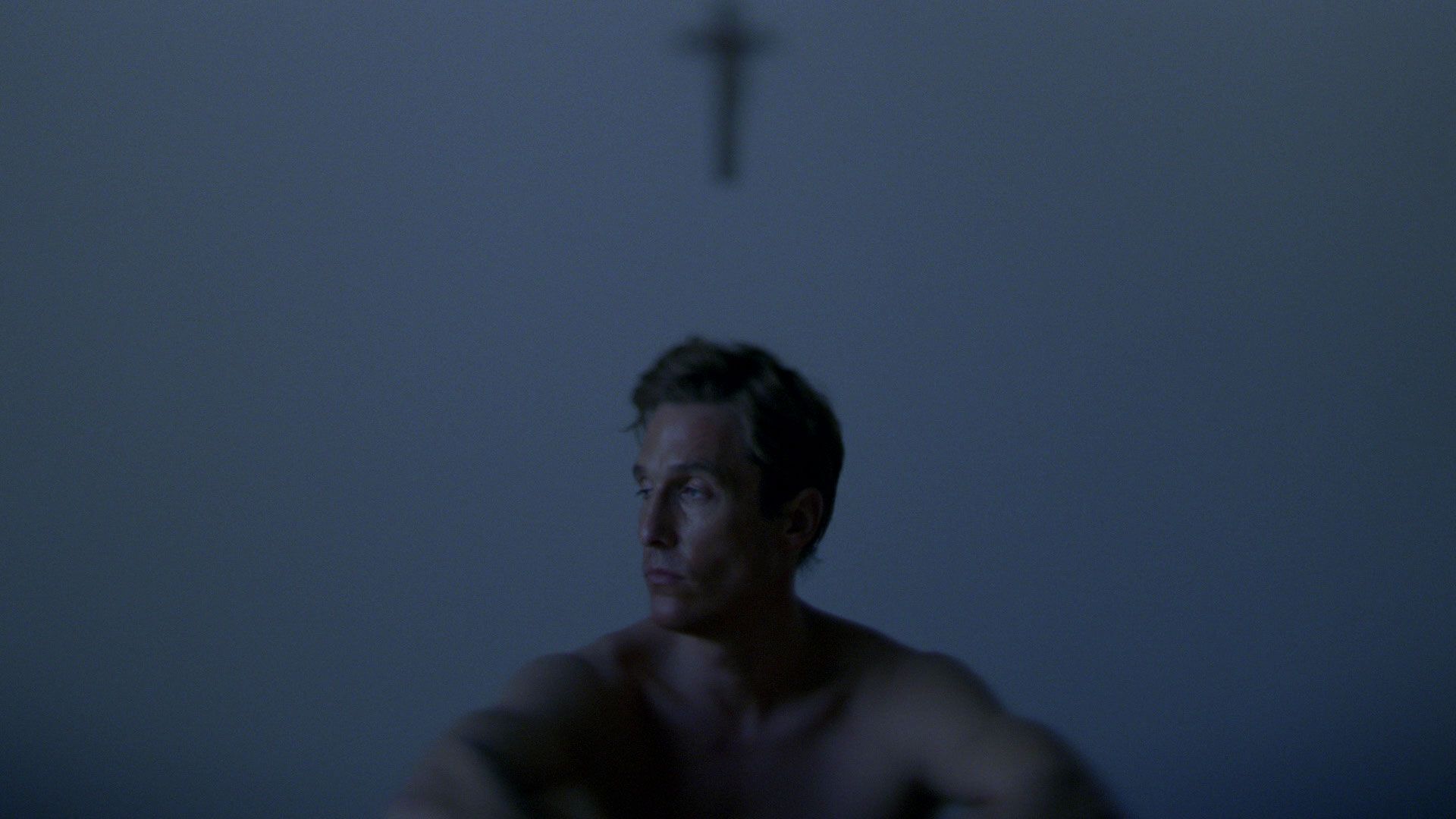
True Detective (2014) - The Call to Trouble: The anti-hero is presented with an opportunity, often driven by self-interest, revenge, or a desire for power.
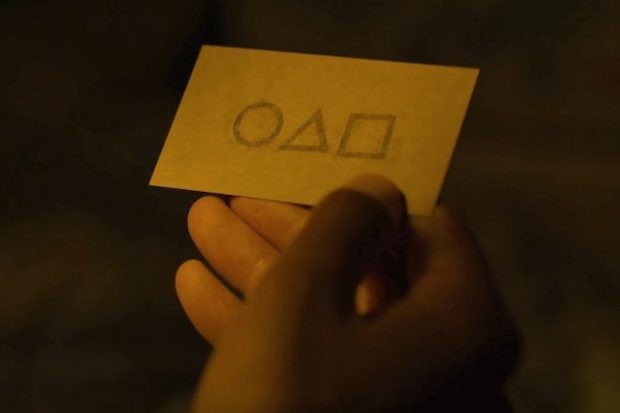
Squid Game (Netflix) - Embrace of Trouble: Unlike the hero who hesitates, the anti-hero readily jumps at the chance to disrupt the status quo, even if it means causing chaos.
Initiation
- The Untrustworthy Mentor: The anti-hero might have a mentor figure, but this character is likely manipulative, self-serving, or pushing the anti-hero down a darker path.
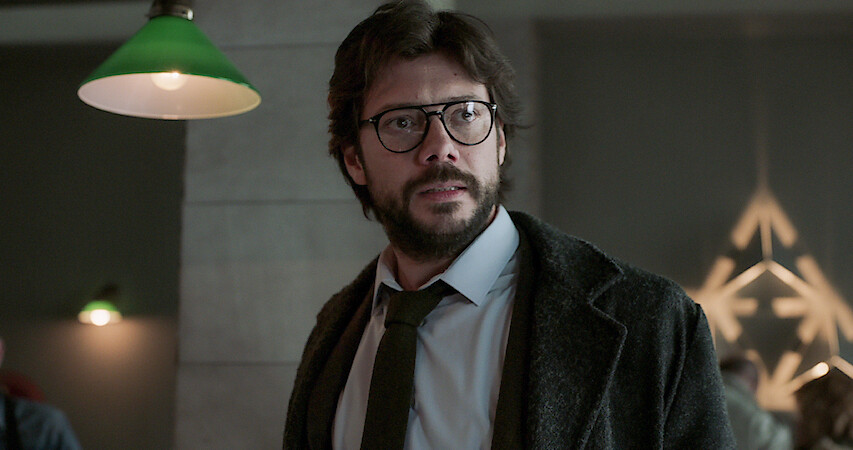
Money Heist (Netflix) - Burning Bridges: The anti-hero makes a clear break from their past life, often destroying relationships or severing ties.
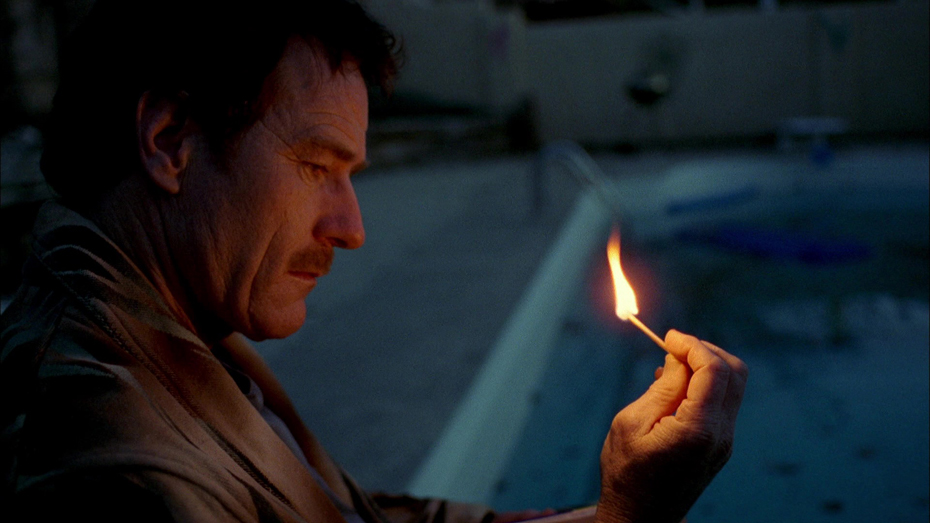
Breaking Bad (HBO) - Exploits and Moral Compromises: The anti-hero’s journey is filled with questionable choices, betrayals, and shortcuts that prioritize their own goals.
- Descent into Darkness: The anti-hero pushes boundaries and commits increasingly risky acts, potentially facing internal conflict but ultimately succumbing to their darker desires.
- The Abyss: The anti-hero reaches a point of no return, facing a consequence of their actions or a moment of reckoning with their true nature.

Black Swan (Searchlight Pictures) Initiation
- Unearned Reward: The anti-hero might achieve their initial goal, but it comes at a high cost, leaving them isolated or surrounded by destruction.

Fight Club (20th Century Studios) - Pyrrhic Victory: Even if a “victory” is achieved, the cost may outweigh the gain – lost friendships, a ravaged world, or a descent into further darkness.
- No Redemption: Unlike the hero’s journey, the anti-hero may not experience a moment of self-discovery or redemption. They might remain trapped in their self-destructive cycle.
- Corrupted Return: The anti-hero returns to the world, but not as a hero. They may represent a new threat, a symbol of corruption, or a cautionary tale.

Joker (Warner Bros. Pitcures)